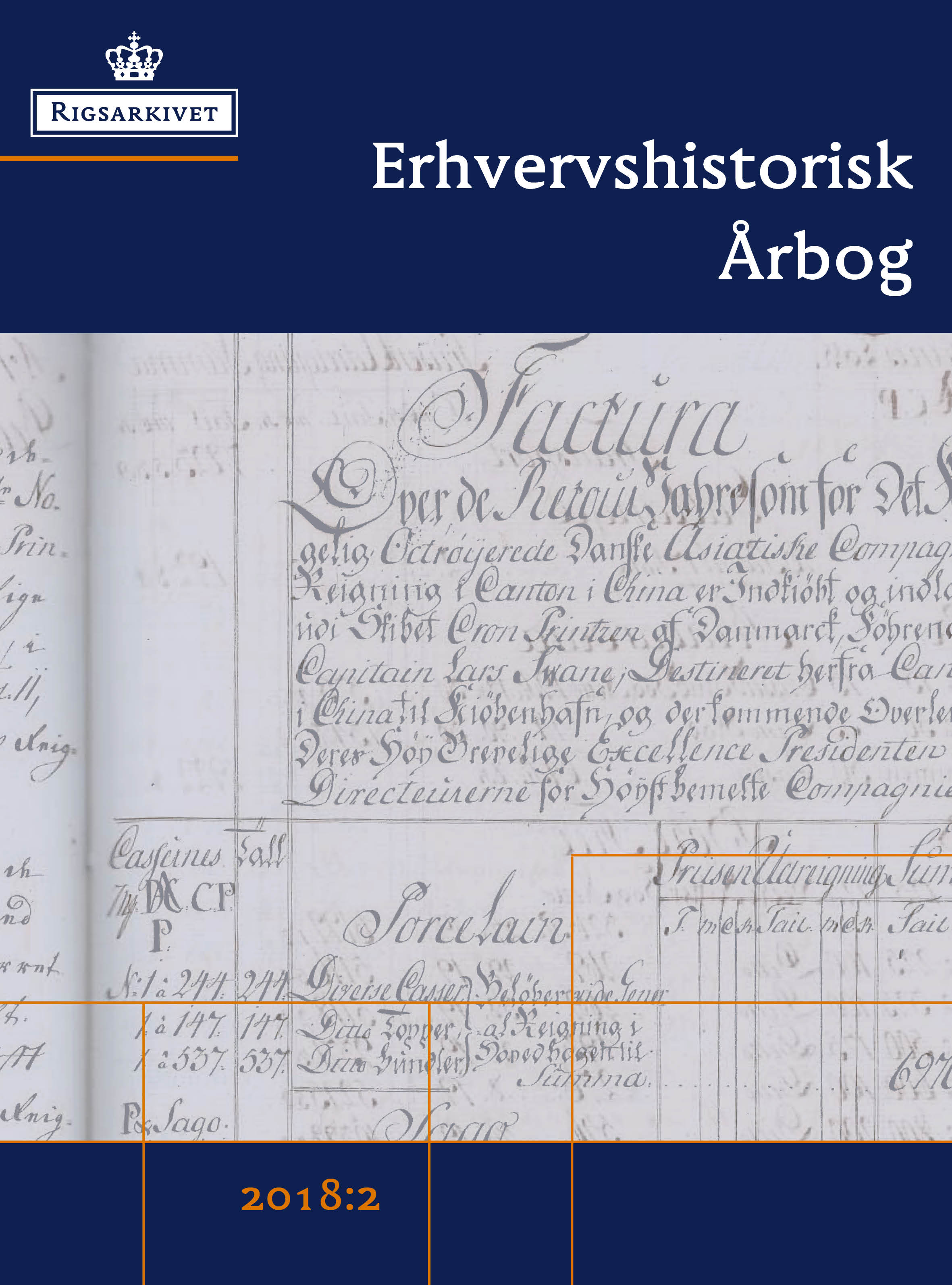Svitzer og Suez-krisen, 1956-1957. Et dansk bjærgningsselskabs rolle i reetableringen af Vesteuropas olieforsyning og Commonwealth-handlen
Abstract
Denne artikel undersøger det danske bjærgningsselskab Svitzers rolle i genåbningen af Suezkanalen mellem oktober 1956 og april 1957. Forløbet, der endnu ikke har været undersøgt i hverken dansk eller international forskning, rækker med dets imperiale og globale dimensioner langt udover Svitzers egen historie og både dansk og international erhvervshistorie. Både lukningen og genåbningen af kanalen afspejlede ikke blot en britisk-franks-(israelsk) fejlkalkule og manglende militær evne til at forme udviklingen i Middelhavet, men også overgangen til et nyt imperialt paradigme på globalt plan, hvori de gamle kolonimagter måtte vigen pladsen. I dette skifte kom de nye atommagter, de nye selvstændige stater samt vestlige private virksomhedsnetværk til at spille markant større roller. Svitzers interessentskab med det hollandske L. Smit en Co’s Internationale sleepdienst og rollen som hovedentreprenør i FN’s kanaloprydningsindsats, der gik under navnet United Nations Suez Clearance Organisation, skal ses som led heri. På baggrund af analysen opfordres i forlængelse deraf i yderligere forskning i private virksomheders rolle som serviceydere for internationale organisationer.
---
Svitzer and the Suez Crisis, 1956-1957: The Role of a Danish Salvage Company in the Reestablishment of the oil Supply of Western Europe and Commonwealth Trade.
This article explores the role of Svitzer, a Danish Salvage Company, in the reopening of the Suez Canal between October 1956 and April 1957. The imperial and global dimensions of this process, which has not yet seen scholarly interest in neither Danish nor international research, thus go beyond that of Svitzer’s own history and both Danish and international business history. Both the closure and the reopening of the Suez Canal reflected not only a British-French(-Israeli) miscalculation and lack of military capability in shaping events in the Mediterranean, but also the shift to a new imperial paradigm globally in which the old colonial powers had to make space. As part of this shift, the new nuclear powers, the new independent states and Western business networks became more important than hitherto the case. The partnership with the Dutch salvage company and the joint role as the main entrepreneur in the UN undertaking to clear the Suez Canal, which went by the name of United Nations Suez Clearance Organisation, needs to be seen in this light. Against that backdrop, the article calls for more research into the roles of private businesses as service providers for international organisations.
Downloads
Published
How to Cite
Issue
Section
License
Ophavsret til artikler publiceret i Erhvervshistorisk Årbog er fastlagt i henhold til den modelaftale, License to publish, som UBVA har offentliggjort under rubrikken Ophavsret og forskningspublicering. Indsendelse af en artikel til Erhvervshistorisk Årbog indebærer en accept af dette. Modelaftalen kan findes ved hjælp af dette link: http://www.ubva.dk/Forside





